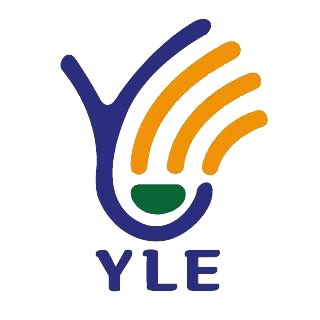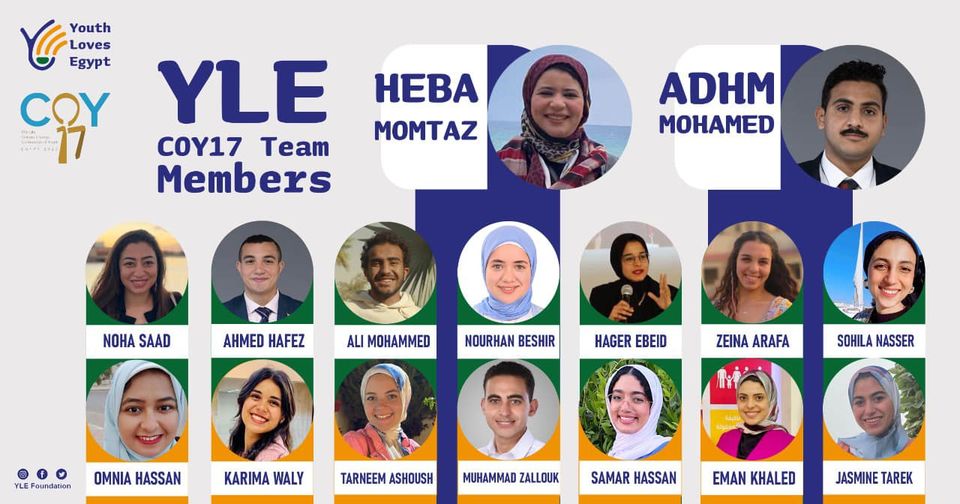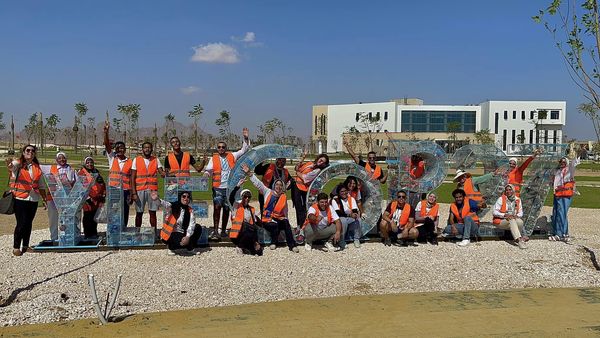1. ISO 14001
ISO 14001 is an international standard that provides a framework for organizations to establish and maintain an Environmental Management System (EMS) to reduce their environmental impact, control environmental aspects, and ensure legal compliance, ultimately contributing to sustainable practices.
2. ISO 14007 and ISO 14008
ISO 14007 provides a framework for organizations to determine and communicate the costs and benefits associated with their environmental aspects, impacts, and dependencies on natural resources, while ISO 14008 offers guidance for assigning monetary values to identified environmental impacts and aspects, enabling a more comprehensive understanding of environmental performance.
3. ISO 14064
It is a set of international standards focused on quantifying, monitoring, reporting, and verifying greenhouse gas (GHG) emissions. It provides guidelines for organizations to measure their carbon footprint and take steps to reduce emissions.
4. ISO 20400
It is an international standard providing guidance on sustainable procurement. It offers a framework for organizations to integrate environmental, social, and economic considerations into their procurement processes, helping them make more responsible purchasing decisions.
5. ISO 26000
It is a voluntary international standard providing guidelines for social responsibility. It offers a framework for organizations to identify, understand, and address the social impacts of their operations, promoting sustainable development and ethical behavior.
6. ISO 37001
It is an international standard that specifies requirements for establishing, implementing, maintaining, and continually improving an anti-bribery management system (ABMS). It helps organizations prevent, detect, and respond to bribery, fostering a culture of integrity and compliance.
7. ISO 37301
It is an international standard that outlines requirements for establishing, implementing, maintaining, and continually improving a Compliance Management System (CMS). It provides a framework for organizations to identify, manage, and mitigate compliance risks, fostering a culture of compliance and ethical behavior
8. ISO 50001
It is an international standard for Energy Management Systems (EnMS). It provides a framework for organizations to improve their energy performance, reduce energy consumption, and costs, and enhance overall energy efficiency.
9. ISO 27001
It is the international standard for Information Security Management Systems (ISMS). It provides a framework for organizations to establish, implement, operate, monitor, review, maintain, and continually improve an ISMS to protect sensitive information.
10. ISO 14040 and 14044
ISO 14040 establishes the principles and framework for conducting Life Cycle Assessments (LCAs), outlining the overall process and its phases. ISO 14044 provides specific requirements and guidelines for conducting LCAs, ensuring consistency and reliability in the assessment process. It delves deeper into the technical details of each LCA phase.
11. ISO 53001
it is a new international standard designed to support the implementation of the United Nations Sustainable Development Goals (SDGs). It provides requirements for a Sustainable Development Goals Management System (SDGs-MS), helping organizations to integrate sustainability principles into their operations and measure their progress towards achieving the SDGs.
Additional Resources
ISO - Environmental sustainability





